Publications
Articles, publications, books, tools and multimedia features from the U.S. Institute of Peace provide the latest news, analysis, research findings, practitioner guides and reports, all related to the conflict zones and issues that are at the center of the Institute’s work to prevent and reduce violent conflict.
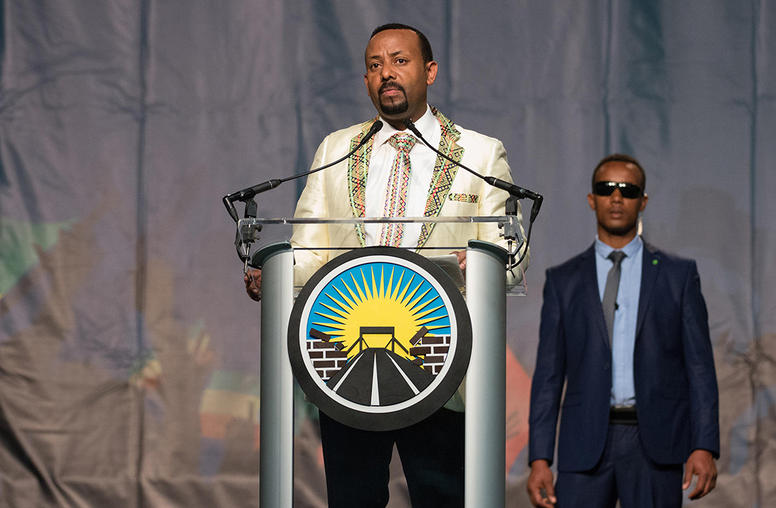
Ethiopia-Eritrea Peace Deal Brings Hope to Horn of Africa
Susan Stigant and Payton Knopf discuss what led Ethiopia and Eritrea to sign their recent peace deal, how it can improve the economic and humanitarian conditions in both countries, and the broader strategic and regional implications for the Horn of Africa and the Red Sea.

The Unfolding Conflict in Ethiopia
Susan Stigant, director of Africa Programs at the U.S. Institute of Peace, testified on December 3, 2020 at the House Foreign Affairs Subcommittee on Africa, Global Health, Global Human Rights and International Organization's hearing on “The Unfolding Conflict in Ethiopia.” Her expert testimony as prepared is presented below.
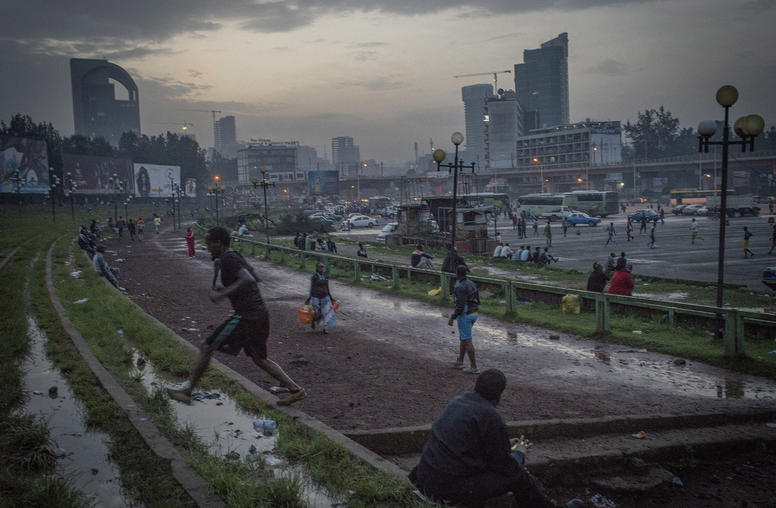
What Ethiopia’s Brewing Conflict Means for the Country—and the Region
Violent conflict between the federal government of Ethiopia and the federal state of Tigray, in the country’s north, began November 4 and quickly escalated. USIP’s Aly Verjee and Susan Stigant discuss the crisis and identify what could be done to avoid further violent conflict in east Africa’s most populous country.
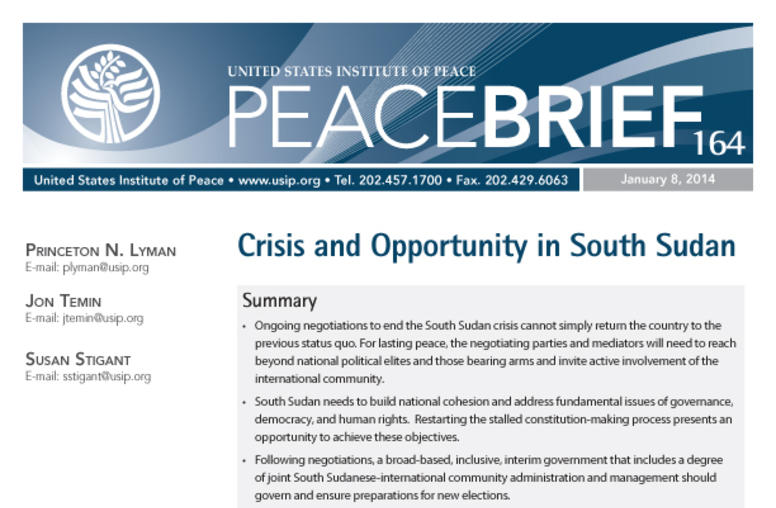
Crisis and Opportunity in South Sudan
Only two and a half years since its birth, South Sudan is in crisis. But, horrific as the violence since mid-December has been, the crisis also presents an opportunity to put South Sudan back on the path of democratization, good governance, and peace. USIP’s Princeton N. Lyman, Jon Temin, and Susan Stigant examine what needs to happen to create a foundation for lasting peace and stability.
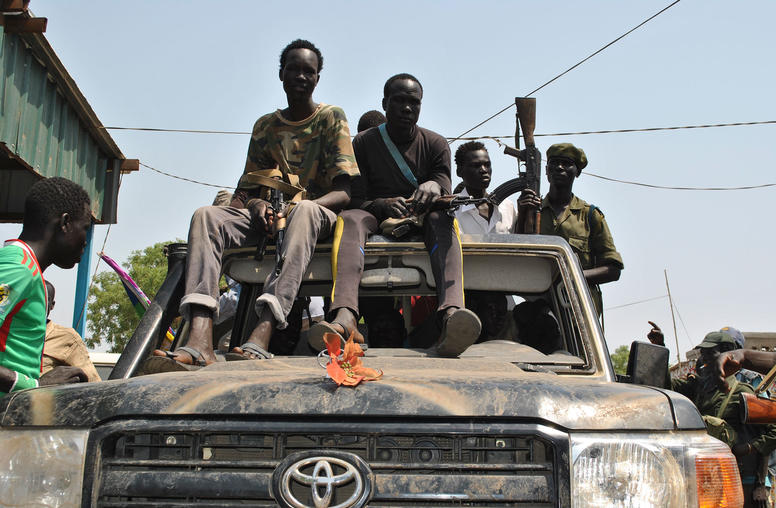
South Sudan’s Pitfalls of Power Sharing
This week, a new proposal for a power sharing government was tabled at the ongoing Intergovernmental Authority on Development (IGAD) High Level Revitalization Forum (HLRF) peace talks for South Sudan. An earlier, 2015 peace deal also contained a formula for power sharing; that arrangement failed and the civil war re-ignited a year later. Power sharing arrangements are appropriate if certain conditions are met, but not enough has been done to ensure the latest proposal will overcome the obstacles present in South Sudan, according to Susan Stigant, USIP’s director for Africa programs and Aly Verjee, a visiting expert at USIP and a former senior advisor to the IGAD mediation, who comment on the proposal and suggest how it could be improved.
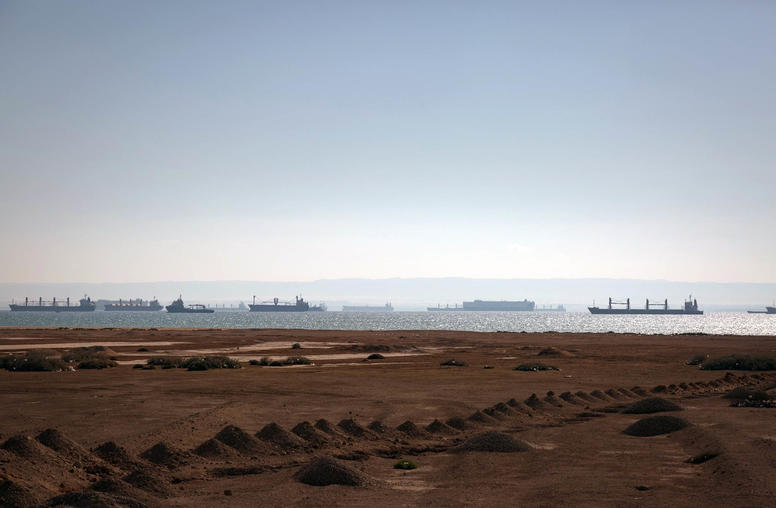
Houthi Attacks in the Red Sea Disrupt Global Supply Chains
Drone and missile attacks by Yemen-based, Iranian-backed Houthi rebels on ships in the Red Sea have disrupted global supply chains. The United States has responded to these attacks by shooting down Houthi drones, and the Biden administration has set up a 10-nation naval task force to protect ships traveling along this important route.
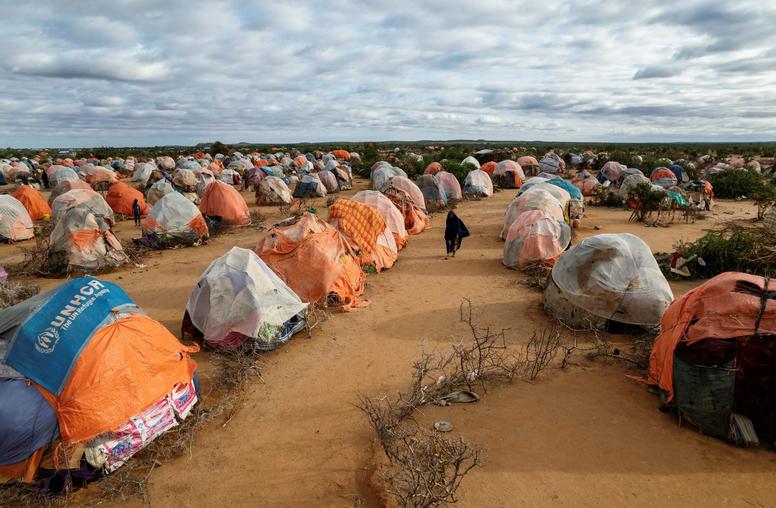
Somalia’s Critical Transition Comes amid al-Shabab and Hunger Challenges
On May 15, Somali legislators selected former president Hassan Sheikh Mohamud to reprise the chief executive role he played from 2012-2017. The vote marks a critical transition for Somalia and in the Horn of Africa, particularly after the election was delayed by two years and marred by corruption and violence. President Hassan Sheikh will return to power in a country seemingly splitting at the seams, amid a devastating drought, a metastasizing terrorist threat and a fractious political scene. Meanwhile, President Biden has decided to redeploy U.S. troops to fight the terrorist group al-Shabab, reversing a move made by President Trump at the end of his term.
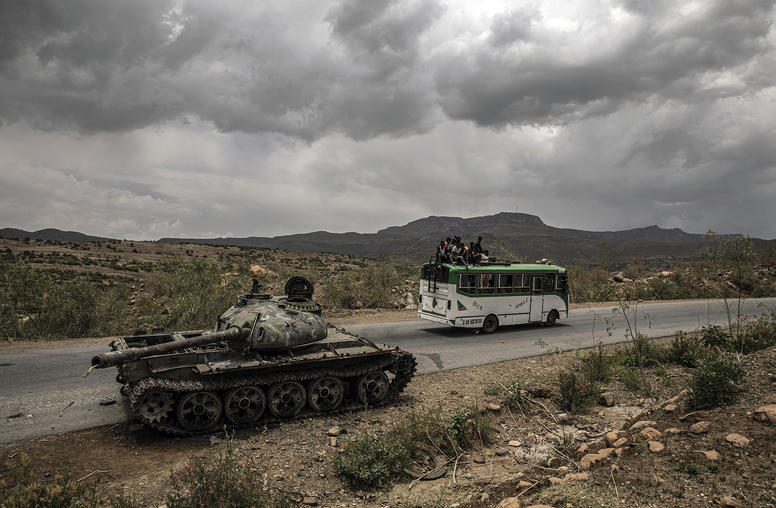
Ethiopia’s Truce Offers Hope, But the Next Steps Are Complex
After 16 months, one of Africa’s deadliest wars has yielded an opportunity to build peace, as Ethiopia’s government and the Tigray Defense Forces have declared a truce to allow for the humanitarian aid needed to prevent mass starvation across the country’s northeast. Ethiopians and their supporters must seize this moment to consolidate a durable cease-fire and end blockages to humanitarian assistance. This effort should open a path to a broad national dialogue to set a shared vision for Ethiopia’s future, growth potential and long-term stability. But the essential first steps are complex and will need to be taken carefully and swiftly.
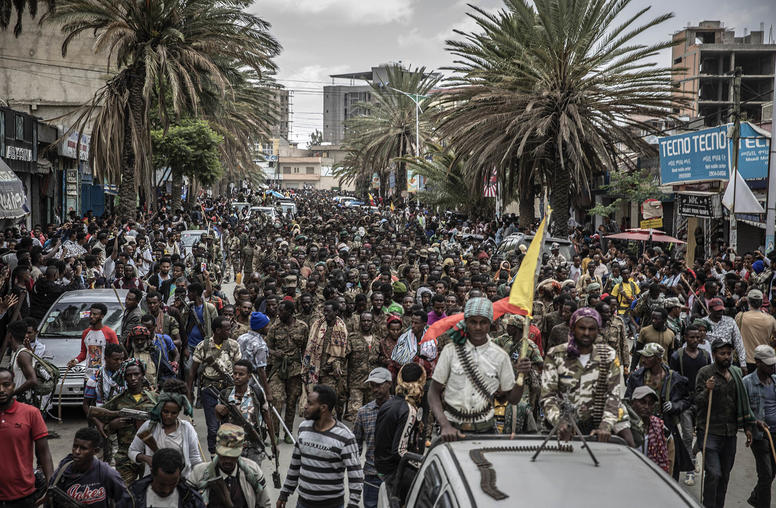
Peace for Ethiopia: What Should Follow Blinken’s Visit?
Secretary of State Antony Blinken’s talks in Ethiopia and his announcement of new U.S. aid this week advance vital steps for building peace in the country and greater stability in East Africa. Yet those tasks remain arduous and will require difficult compromises on all sides in Ethiopia’s conflicts. U.S. and international policymakers face a tough calculation over how to mesh critical goals: restoring full trade and economic assistance to help Ethiopia meet its people’s needs while also pressing all sides to advance justice and reconciliation to address the atrocities committed and damage caused during the war.
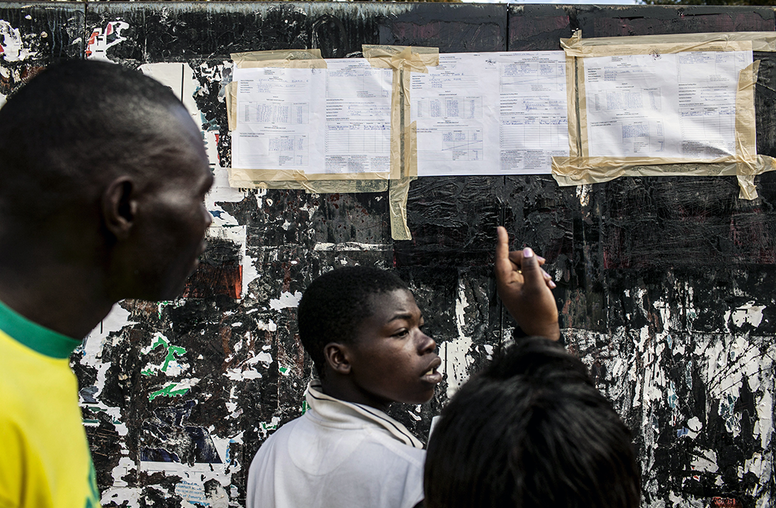
After Voting and Violence, What’s Next for Zimbabwe?
Zimbabwe’s election last week offered hope for more democratic and stable governance following the removal last year of President Robert Mugabe after his 37 years in power. But the country’s direction is uncertain following the disputed election result and the violent suppression of protests by...